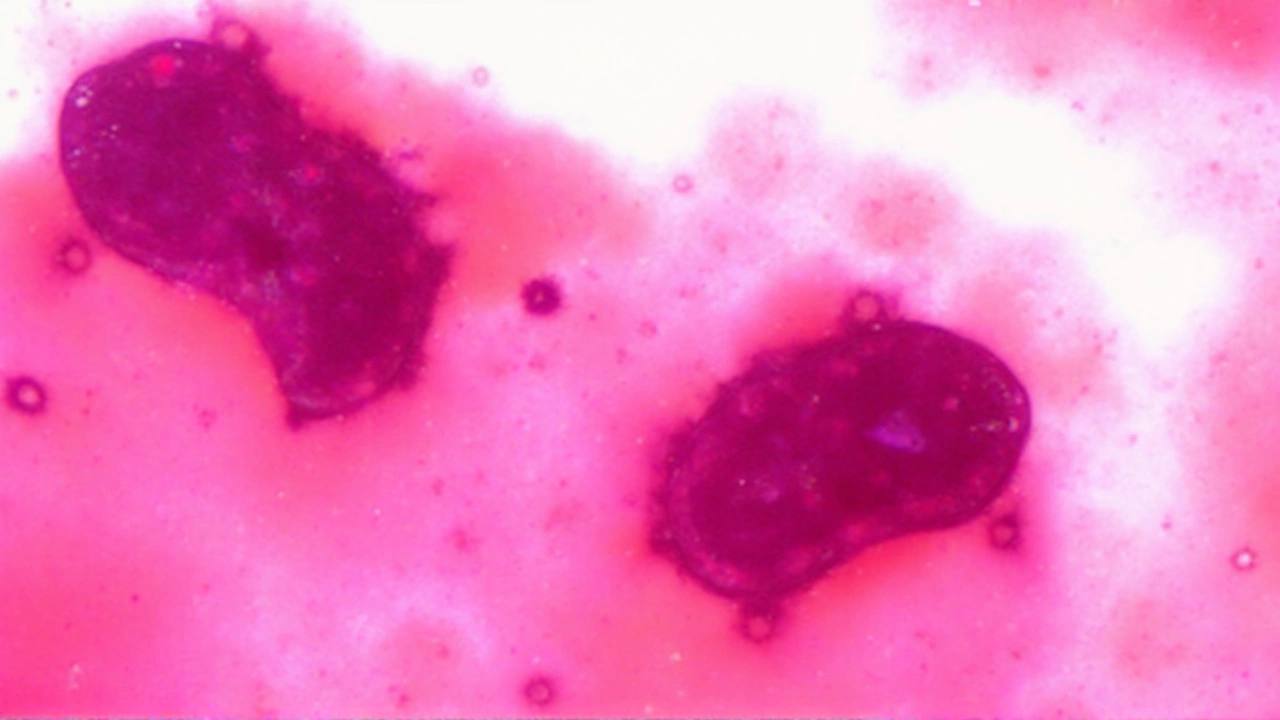Global Phase III Trial Evaluates Capivasertib's Impact on Breast Cancer
The CAPItello-291 trial marks a key moment in the fight against advanced breast cancer, focusing on a promising drug called capivasertib. Born from a collaboration between The Institute of Cancer Research (ICR) and industrial partners, this phase III trial is testing the efficacy of the drug in a global setup. With approximately 830 patients from 20 different countries, the trial aims to thoroughly evaluate capivasertib's potential as a treatment for those with hormone receptor-positive (HR-positive), HER2-negative advanced breast cancer.
The primary breakthrough of capivasertib lies in its ability to inhibit the AKT protein, a pivotal driver in cancer cell growth. When used alongside hormone therapy fulvestrant, capivasertib's performance will be compared against a control group receiving a placebo. This trial seeks to bring new hope to patients whose cancer persists even after receiving treatments such as aromatase inhibitors or CDK4/6 inhibitors, a demographic that currently faces limited options.

The Journey from Discovery to Trial
The development of capivasertib is a story of scientific persistence and collaboration. Initial steps date back to early structural biology studies on the AKT protein spearheaded by ICR scientists like Professor David Barford. Astex Pharmaceuticals, in their pursuit of actionable cancer therapies, teamed up to further the development of this AKT inhibitor. Eventually, pharma giant AstraZeneca came onboard, sponsoring and propelling the drug into clinical trials with hopes of yielding a new standard in cancer treatment.
Professor Nick Turner, one of the leading investigators, along with Professor Paul Workman, the former CEO of the ICR, both emphasize the trial's potential to revolutionize treatment approaches for metastatic breast cancer. This sentiment is bolstered by a robust foundation of discovery science and industry partnerships, which have cumulatively targeted the unmet needs of patients battling persistent breast cancer cases.
If successful, the phase III results could pave the way for regulatory approval and introduce capivasertib as a vital option for those who are resistant to existing therapies. This is a prime example of how targeted therapy can alter the landscape for patients facing a daunting diagnosis, providing new avenues of hope where few existed before.
